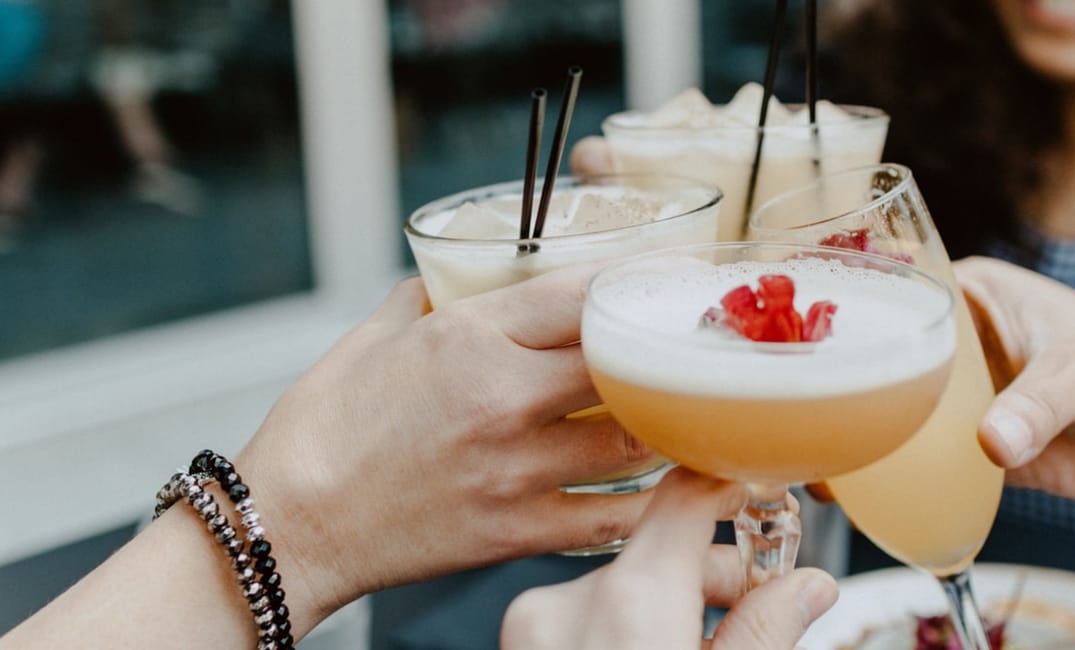By Jess Lomax
Since the release of all social restrictions this Summer, nights out have returned in full force. The minute the clock hit midnight on the 19th July 2021, Instagram and Twitter feeds were flooded with pictures and videos of club goers enjoying their first true taste of freedom in over 15 months. But, what was supposed to be a joyous occasion was soon marred by the reminder that for many, nightclubs are not places of freedom – instead, they are places of fear.

Support us!
Support us by contributing as little as £1 so we can continue to give young people a voice and a platform they deserve
£1.00
Spikings have always been an issue. This is not a defence of the act itself, but a fact that has historically been pushed underground by nightclubs, police, and successive governments. However, the uptick in spikings since the 19th of July is unlike anything seen before. In the last two months alone, there have been 200 confirmed reports of spiking across the UK. Behind each of these cases is a person, who, unsuspectingly, went on a night out to enjoy themselves, to spend time with friends, and to have fun. And behind each of these cases is a person whose night was cut short by the actions of someone asserting non-consensual dominance and control over their body.
As women, we are told to always look after ourselves and our friends on nights out – to never leave our drink unattended, to cover it when moving through a crowd, to always enter and leave the club as a group, to always share our location, and to never talk to strangers alone. Girls shouldn’t have to take these actions, but they do. For themselves, for their friends, and even for strangers. What is so scary about the most recent spiking incidents, though, is that not even the most self-aware club goer can protect themselves, because instead of spiking drinks, offenders are now spiking girls via injection.
All the personal responsibility in the world is not enough to prevent a stranger from coming up behind you in a dark club, injecting you with a cocktail of drugs, and disappearing back into the night. How are girls supposed to protect themselves from spikings when all their bodily autonomy has been taken away?
This is where the Girls Night In Campaign comes in. A series of planned boycotts, across October and November, concentrated in university towns. The boycotts, which gained traction over Instagram and Twitter, exist as a reminder that life does not have to be this way. Women can reclaim their bodily autonomy by refusing to give money to the nightclub industry, which for too long has not done enough to protect them and their interests. If the only way women can protect themselves is by staying in, then that is what they will do, until spikings are taken seriously.
The government’s reaction to the spiking epidemic is, unsurprisingly, one of brute force and greater police powers. Priti Patel has advocated giving police greater powers to crack down on offenders, and bars and pubs across the UK have introduced stauncher security measures as a means of dealing with potential spiking cases. While these policies may, at first glance, seem a sensible initial response to the increase in spikings, it is important to consider what greater police powers in nightclubs mean for all people, and not just those planning to commit an offence. It is no secret that police have a history of targeting some groups – specifically, Black and Asian individuals, to a far greater extent than their white counterparts.
In addition to this, there is little evidence that police provide effective responses to spikings – one investigation found that one UK police force made just 27 spiking-related arrests, despite receiving intel on over 500 separate incidents. If greater police and security powers are implemented as the only response to nightclub spikings, the government is only replacing gendered violence with racial violence.
So, what then is the answer? The Girls Night In movement is a reminder that for many women, refraining from leaving their house is truly the only way to remain safe on Friday and Saturday nights. Yes, nightclubs must do more to combat the violent spiking epidemic, but ultimately the issue can only be solved through significant social upheaval. We must collectively work to dismantle the system in which men believe they have a right to control, manipulate, and poison the bodies of women and marginalised peoples. Until women and non-binary people are safe, especially those from marginalised backgrounds, none of us are safe.
For more information, and to find a boycott near you, visit here.
Thanks for reading our article! We know young people’s opinions matter and really appreciate everyone who reads us.
Give us a follow on Instagram, Twitter and Facebook to stay up to date with what young people think.

